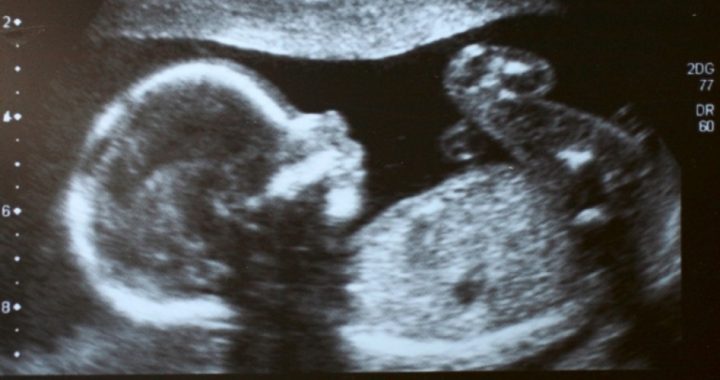
The 5th Circuit Court of Appeals has issued a temporary stay on a ruling from a lower court that blocked Texas from enforcing its ban against abortions in the wake of the COVID-19 crisis, CBS News reports.
Texas Governor Greg Abbott issued a March 22 executive order that ordered the postponement of all surgeries and procedures that were “not immediately medically necessary to correct a serious medical condition of, or to preserve the life of, a patient who without immediate performance of the surgery or procedure would be at risk for serious medical consequences or death.”
A spokesperson for Governor Abbott later confirmed to the Associated Press that the order applied to “abortion in most cases.” Texas Attorney General Ken Paxton also released a statement last week that clarified Abbott’s order indeed applied to abortions, including medication abortions.
“This prohibition applies throughout the State and to all surgeries and procedures that are not immediately medically necessary, including routine dermatological, ophthalmological, and dental procedures, as well as most scheduled healthcare procedures that are not immediately medically necessary such as orthopedic surgeries or any type of abortion that is not medically necessary to preserve the life or health of the mother,” Paxton explained.
Any medical worker found to violate the order before its April 21 expiration date could be fined $1,000 or face jail time of up to 180 days, Buzz Feed News reports.
Abortion clinics across the state filed suit against Paxton’s order and U.S. District Judge Lee Yeakel ruled in favor of the abortion providers on Monday.
In a nine-page ruling, Judge Yeakel placed a preliminary injunction on Paxton’s directive, claiming Governor Abbott’s executive action as written was not problematic, but that Paxton’s “interpretation of the Executive Order prevents Texas women from exercising what the Supreme Court has declared is their fundamental constitutional right.”
Judge Yeakel ruled that only the Supreme Court could determine if a ban on abortion was permissible during a national crisis.
“Regarding a woman’s right to a pre-fetal-viability abortion, the Supreme Court has spoken clearly. There can be no outright ban on such a procedure,” Yeakel wrote. “This court will not speculate on whether the Supreme Court included a silent ‘except-in-a-national-emergency clause’ in its previous writings on the issue.”
Meanwhile, similar orders were blocked by federal judges in Ohio and Alabama on Monday.
On Tuesday, however, a three-judge panel on the 5th Circuit Court of Appeals ruled that Texas can temporarily enforce the ban on abortions as part of its coronavirus response.
“The temporary stay ordered this afternoon justly prioritizes supplies and personal protective equipment for the medical professionals in need,” Texas Attorney General Ken Paxton said in a statement Tuesday.
Attorneys for the state argued in a brief that the state was taking extraordinary measures because of the extraordinary circumstances created by the public-health crisis.
“The State’s efforts to stop the spread of COVID-19 are far-reaching precisely because COVID-19 presents a grave threat to public health,” the lawyers wrote.
The state of Texas is expecting a surge of COVID-19 cases “in the very near future,” and the state’s lawyers contend the executive order was intended to preserve medical supplies and hospital resources to deal with the pandemic.
“Never in our lifetimes have so many Texans been threatened with severe illness or death due to a pandemic sweeping the globe,” they added.
But abortion advocates contend state officials are using coronavirus to advance a pro-life agenda.
“It’s not surprising that the states that are now using the COVID crisis to stop people from getting abortion care are the very same states that have a history of passing laws to ban abortions or using sham rationale to shut down clinics,” Jennifer Dalven, the director of the Reproductive Freedom Project with the ACLU, said on a call with the press Monday.
Planned Parenthood has not offered any details on their next move in Texas, but the Center for Productive Rights has vowed to “continue fighting this legal battle against Texas’s abuse of emergency powers.”
Texas is one of six states facing legal battles over restrictions to abortion access in the wake of the coronavirus pandemic. While judges have ordered bans in Alabama and Ohio to be lifted, cases in Iowa and Oklahoma do not yet have a ruling.
Raven Clabough acquired her bachelor’s and master’s degrees in English at the University of Albany in upstate New York. She currently lives in Pennsylvania and has been a writer for The New American since 2010.




